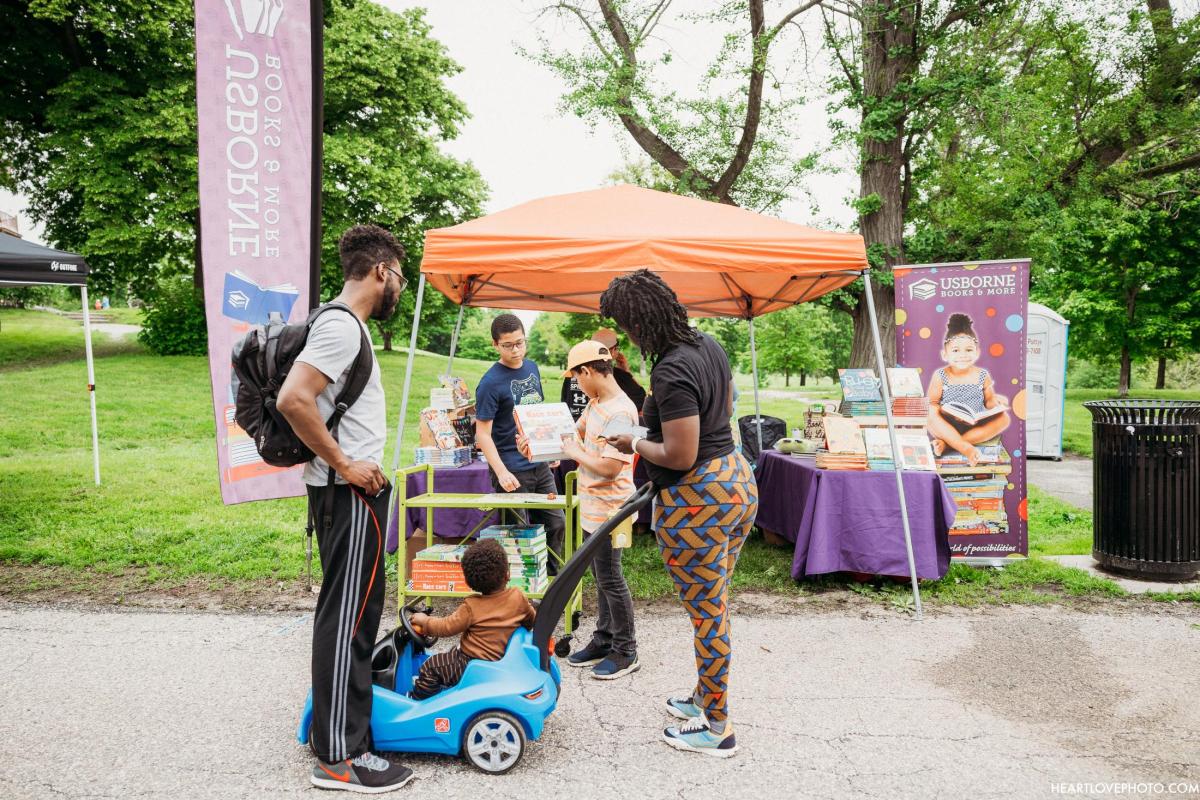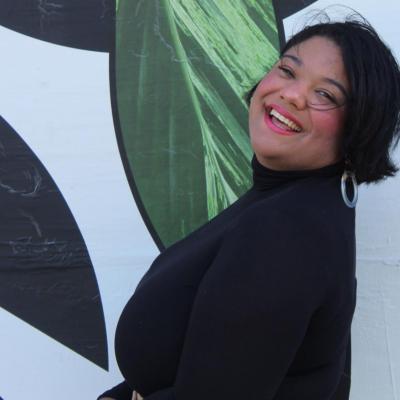
In 2009, in her ninth week of pregnancy, Jennifer Chaffee found out that she was high risk and carrying twins. Though it wasn’t her preference, her doctor advised that they plan a cesarean section.
“At the time, there were some doctors out there who could do a twin birth vaginally—I just couldn’t find them and I didn’t know what I was doing,” Chaffee recalls. “Everyone would say, ‘Talk to a midwife!’”
Ultimately, after an extensive search, Chaffee found a midwife who was able to assist her during pregnancy and labor.
“It went beautifully,” she says, admitting that if she had only had one baby, or was lower risk, she might not have considered working with one.
Today, Chaffee serves on the board of directors for Maryland Families for Safe Birth (MFSB), a grassroots organization created in 2011 with the hopes of passing legislation for the licensure of Certified Professional Midwives (now known as Direct Entry Midwives or DEMs) in Maryland, which was accomplished in 2015. “Midwives can offer very individualized care, which can sometimes be hard to for doctors when they’re serving the masses,” says Evelyn Fielding, also on MFSB’s board of directors.
Thanks to the group’s determination, access to legal and safe homebirth care has been increased significantly throughout the state in the past eight years. In addition, the group says it’s made strides in fostering stronger relationships between midwives and OB-GYNs—making the transfer from prenatal care to the delivery room more safe and seamless for parents who choose that trajectory.
But there’s much more work to be done with regard to the organization’s overall goal, which is to advocate for all Marylanders to make personalized, evidence-based decisions about what maternity care works best for them. As Fielding points out, for minorities, the stakes are alarmingly higher. According to the Maryland Patient Safety Center, Black Women are two times more likely than White Women to face severe complications during pregnancy, and three-to-four times more likely to die as a result of them.
“We’re committed to working on health disparities and equity issues within the medical system,” Fielding adds.
With this mission at the forefront, in 2019, MFSB hosted its first-ever Baltimore Birth Festival, an event which aims to offer families and new parents inclusive tools to help with pregnancy, birthing, and postpartum care. On Sunday, May 21, the free festival—which wavered for a bit due to the pandemic—is returning to Patterson Park in an effort to forge a village of resources for new parents.
“Our target was to have an event where we could bring together all kinds of birth workers—people who would service families from pregnancy through postpartum to having young children ages zero to five,” Fielding says, citing similar events like the Birth and Babies Fair in Frederick, hosted by Maryland nonprofit The Birthing Circle. “We kind of modeled it after that—having a beautiful outdoor festival where local families can come and learn about these resources.”
From 10 a.m. to 3 p.m., families can get to know visitors including Odile Penet and Kristie Graybill of The Womb Room in Hampden; Katy Linda of The Rumina Center for postpartum wellness in Cross Keys; pelvic floor specialist Dr. Sam DuFlo of Indigo Physiotherapy in Roland Park; and fitness experts from mom and me-inspired exercise program FIT4MOM Baltimore City.
Little ones can enjoy bubble-blowing, hula-hooping, and coloring, along with tunes by kid-friendly musician Mr. Jon and tricks by magician Eric Henning. Attendees who check in will receive two raffle tickets to win baby gear like carriers and wraps. They will also have a chance to purchase $30 swag bags filled with baby items, product samples, coupons, and more raffle tickets.
Fielding hopes the afternoon will help birthers and their families to feel more in control of their individualized birthing experiences.
“Many people are familiar with what a doula or a midwife is, but finding those providers can be difficult if you don’t know where to look,” says Fielding, “This is a great place to [connect with them.] We’re spreading the word that there is support out there for people who need it.”
